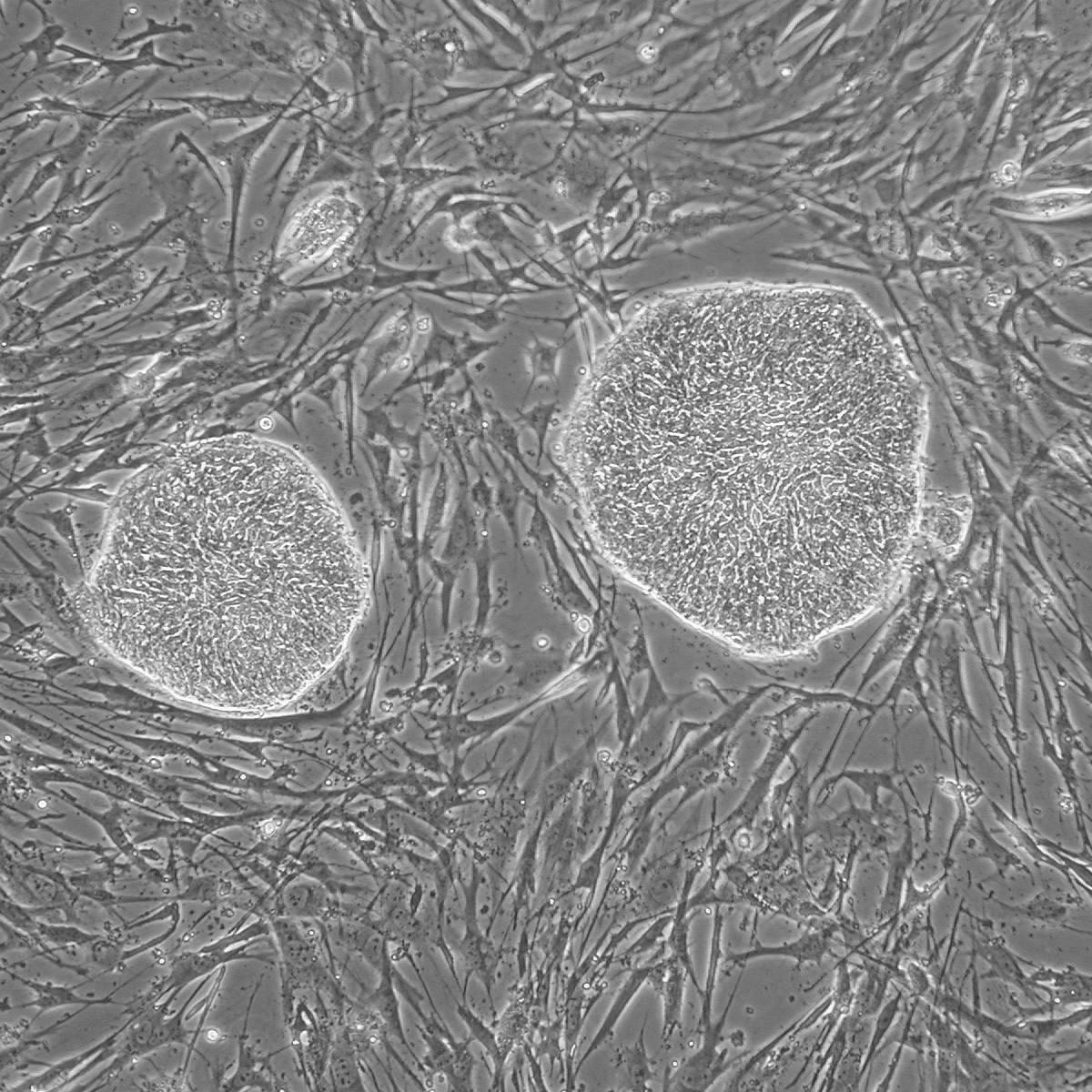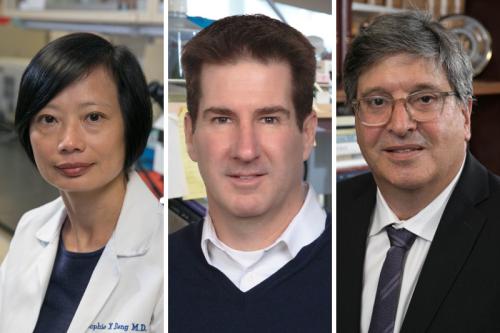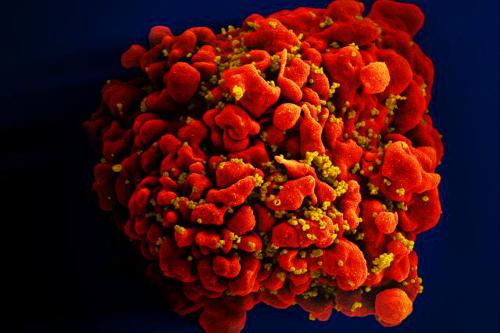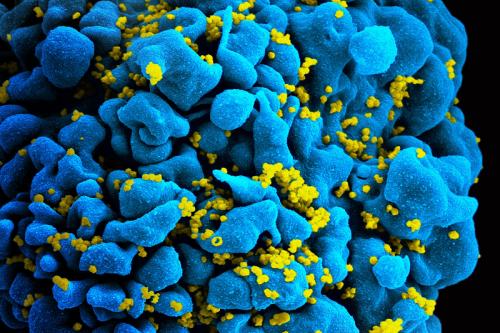
Scott G. Kitchen, Ph.D.
- Professor, Medicine, Hematology and Oncology
- Director, UCLA Humanized Mouse Core Laboratory

Translational scientist Scott G. Kitchen, Ph.D., investigates the effects of viral infection and cancer on the process by which blood stem cells give rise to blood and immune cells. The ultimate goal of his research is to develop stem cell gene therapies for HIV/AIDS and other chronic viral infections as well as cancer.
Kitchen is focused on understanding the mechanisms that limit the immune systems' ability to clear infections or malignancies and in developing methods to enhance immune response against disease.
By using humanized mouse models to study human disease, particularly HIV/AIDS, Kitchen has developed gene therapy-based approaches to engineer human blood stem cells to reconstitute and/or enhance immune responses following their development into mature cells. He has also used these models to investigate the role of type I interferons in enhancing and limiting immune responses in the context of chronic infections and cancer.
Research Projects
- Developing stem cell-based gene therapy A technique that uses a gene or gene(s) to prevent, treat or cure a disease or disorder. Most gene therapies work by adding a healthy version of a gene to replace one that is defective or missing into the genome of particular cells. Some of these therapies use viral vectors to deliver genes into target cells. gene therapy A technique that uses a gene or gene(s) to prevent, treat or cure a disease or disorder. Most gene therapies work by adding a healthy version of a gene to replace one that is defective or missing into the genome of particular cells. Some of these therapies use viral vectors to deliver genes into target cells. strategies to engineer immunity to cancers and chronic viral infections such as HIV
- Identifying the factors that inhibit the human immune system from effectively performing its functions
- Understanding the effects that chronic diseases have on the development and function of human blood stem cells A type of tissue-specific stem cells found in the blood and bone marrow that can form various types of mature blood and immune cells. These cells play a crucial role in maintaining the body's blood supply and immune system by continuously producing new blood cells throughout a person's life. blood stem cells A type of tissue-specific stem cells found in the blood and bone marrow that can form various types of mature blood and immune cells. These cells play a crucial role in maintaining the body's blood supply and immune system by continuously producing new blood cells throughout a person's life.
- Developing humanized mouse models to study human immunity in vivo A process, procedure or study performed on or in a living organism. in vivo A process, procedure or study performed on or in a living organism.
-
Post-doctoral fellowship
- Viral Immunology, UCLA, 2001
Degree
- Ph.D., Microbiology and Immunology, UCLA, 1997
-



